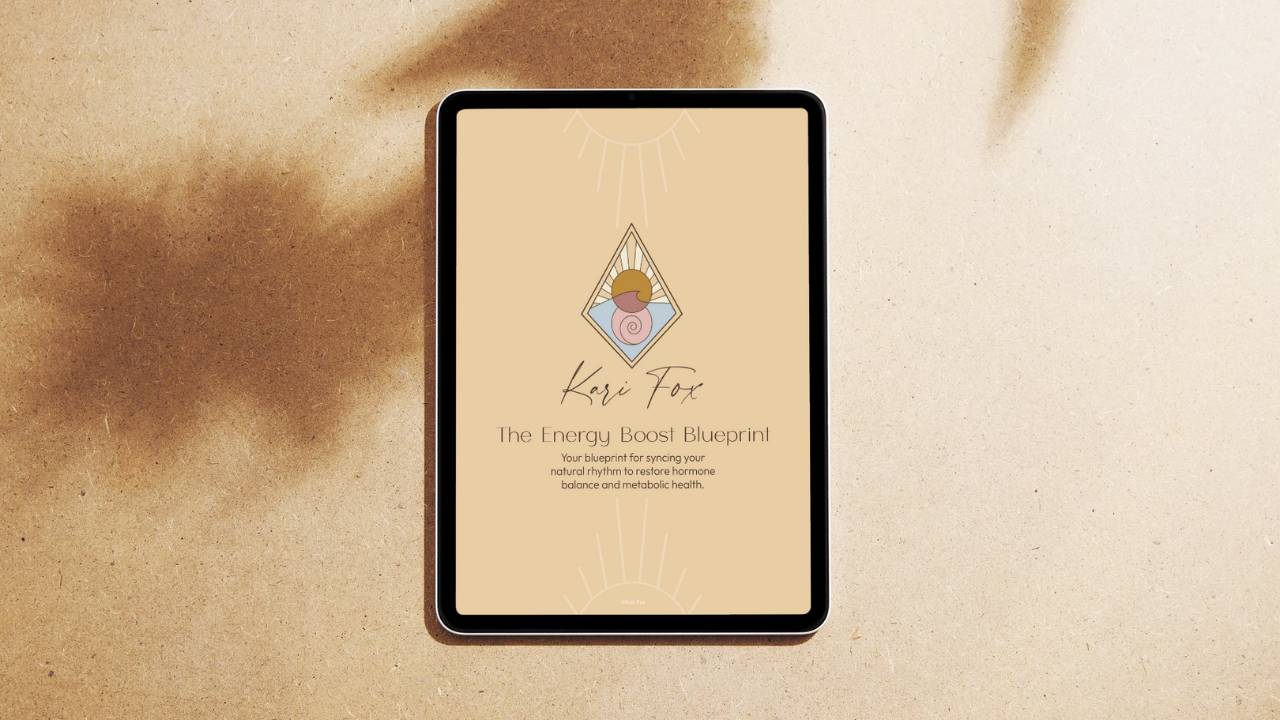Morning Light for Better Sleep
Feb 04, 2025
In our modern world, the quest for a good night's sleep can sometimes feel like a never-ending nightmare. From counting sheep to investing in fancy mattresses, trying supplements and magic potions, people are struggling to find anything that will finally send them off to cloud nine. There is one underrated, free, and natural remedy that you may not know about, and that is exposure to morning UVA light. This simple practice, done regularly, can significantly improve your sleep quality.
Understanding UVA Light
UVA light is one of the types of ultraviolet light emitted by the sun. It appears around an hour or two after sunrise (depending on the time of year), when the sun reaches 10° above the horizon. While much of the conversation around sunlight focuses on UVB light—which is essential for the production of vitamin D—UVA light plays a crucial role in regulating our biological rhythms, including our sleep patterns. hormone balance, neurotransmitter production and much more.
How Morning Exposure to UVA Light Affects Sleep
- Regulates Circadian Rhythms: Our bodies operate on a natural clock known as the circadian rhythm, which signals when we should be awake and when we should rest. Morning light exposure helps reset this internal clock, aligning it with the natural day-night cycle. By soaking in UVA light in the morning, you signal to your brain that it’s time to be alert and active, which enhances your ability to fall asleep when night falls.
- Boosts Mood and Reduces Stress: Morning sunlight exposure increases the production of serotonin, a neurotransmitter that contributes to feelings of happiness and well-being. Elevated serotonin levels can alleviate symptoms of anxiety and help stabilize your mood throughout the day. When you feel better during the day, you're more likely to have a restful night, as stress and anxiety are two significant barriers to quality sleep.
- Encourages Healthy Melatonin Production: Melatonin is often referred to as the "sleep hormone”, as it plays a pivotal role in regulating sleep-wake cycles. Morning exposure to bright light—particularly UVA—can enhance your body’s natural melatonin production in the evening. Increasing the production of serotonin in the morning increases melatonin in the evening because the body converts serotonin to melatonin in the evening. So, the more serotonin produced by the body in the morning, the more melatonin we will have to help us sleep at night. By limiting light exposure in the evening (so you don't interrupt the production of melatonin), and maximizing it in the morning, you create a more balanced and healthy sleep-wake cycle.
- Improves Sleep Quality: Studies have shown that people who get sufficient exposure to natural light during the day report better sleep quality compared to those who don’t. A well-regulated circadian rhythm leads to deeper sleep cycles and a more restorative sleep state, helping you wake up feeling refreshed and recharged.
Implementing Morning UVA Light Exposure
Getting the benefits of morning UVA light into your routine is simple. Here’s how you can incorporate it into your daily life:
- Step Outside: Aim to spend at least 20-30 minutes outdoors every morning during UVA rise when the sun sits between 10 - 30° above the horizon (you can use the Circadian App to determine when that is in your area), Whether it’s a walk, gardening, or simply enjoying your morning coffee outside, let the sunlight in.
- Open the Blinds: If going outside isn’t feasible, opening your windows first thing in the morning can help. Windows will block some frequencies of light so the window must be open for full benefits. If you are driving to work at that time, cracking the windows in your vehicle is a great option for get the benefits of some of that light!
- Avoid Artificial Light: Minimize exposure to artificial lighting, especially blue light from devices, in the morning. If you must check email or use a screened device before getting natural light into naked eyes, make sure to use blue light blocker., Allow natural sunlight to be your primary source of light during the day, rather than indoor lighting.
- See the light with naked eyes. If possible no contacts, glasses, or sunglasses as they will also block some of the frequencies of natural light.
- Create a Routine: Consistency is key! Don't let perfection be the enemy of good! Get as much time in UVA light as possible, but if that is only 1 minute everyday, that is better than 20 minutes once a week. Make morning light exposure a regular part of your routine. Over time, this will help reinforce your body’s natural rhythms.
Conclusion
As we navigate the complexities of modern life and its impact on sleep, it’s vital to turn to natural solutions that support our well-being. Morning UVA light is a powerful yet often overlooked tool to enhance sleep quality. By embracing this simple practice, you can make significant strides toward a restful night’s sleep and a more vibrant existence by day. So, step outside, soak up that sun, and unlock the restorative powers of nature for better sleep.
Join The Quantum Community
Want to dive deeper into how to align your health with nature’s rhythms? Subscribe to my newsletter for practical tips on circadian health, ancestral nutrition, homeopathy, and hormone balance — so you can feel your best, naturally.
Your information will be kept private.


